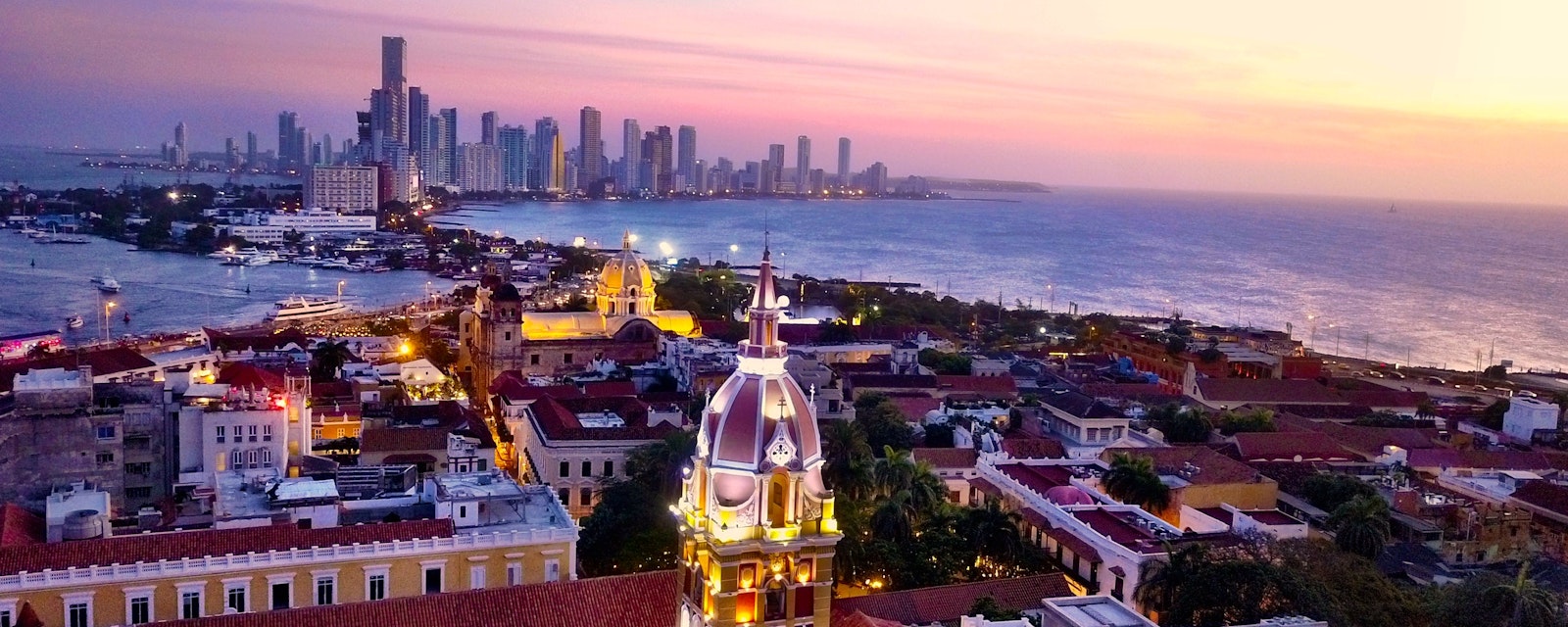This week, US House Speaker Nancy Pelosi’s trip to Asia has irked Beijing. Colombia’s first ever leftist president will be inaugurated. Zambia’s debt outlook may be improving. Meanwhile, Turkey’s President Tayyip Erdoğan will meet Russia’s Vladimir Putin. Also this week, parliamentary election results in Senegal could spark protests.
Chart of the Week
Companies are increasingly under pressure to speak out on a wide range of social and highly politicized issues. A recent survey – including responses from 274 companies in the US – shows that over the past two years racial equality, LGBTQ+ rights, Covid-19 vaccines, and gender equality have been the main focus of companies’ public statements on social issues. Most importantly, this pressure to take a stand mainly comes from socially conscious individual employees and much less from demanding consumers and investors. For instance, when it comes to women’s reproductive rights and gun safety, this survey suggests that individual employees and employee resource groups put greater pressure on companies to take a position on social issues than consumers, senior management, and investors. Against this backdrop, companies should pay greater attention to the specific needs and preferences of their workforce, particularly against a tight labour market in the US and other advanced economies.
What to Watch
US/China
US House Speaker Nancy Pelosi has departed for Asia on a trip that will include Singapore, Malaysia, South Korea and Japan, but her office has not confirmed whether she also intends to visit Taiwan. China's army and navy conducted exercises in the region on 30 July, and naval exercises elsewhere in the South China Sea are scheduled for 2-3 August.
Colombia
The leftist Gustavo Petro will be inaugurated as president on 7 August. Since his election victory, Petro has largely eschewed the more radical positions that he adopted during the campaign, while appointing moderates to his cabinet. Petro’s pick for Finance Minister – Jose Antonio Ocampo – is the most obvious example. Whether this moderation endures, and how Petro reacts when adversity inevitably arrives, is the big question hanging over the new administration. Ocampo will be put to the test politically immediately as Petro’s flagship tax reform is set to be unveiled after the inauguration. Ocampo has been stressing the need to maintain macroeconomic stability and continue fiscal adjustments. Much of Petro’s policy program will depend on the success of the tax reform. Separately, Petro may also hope to move quickly on his efforts to bring the National Liberation Army (ELN) guerrilla group into peace talks as he seeks what he has ambitiously described as “total peace” in Colombia.
Zambia
On 30 July, the Creditor Committee for Zambia under the G20’s Common Framework for Debt Treatments beyond the Debt Service Suspension Initiative (DSSI) committed to restructuring Zambia’s debt. IMF Managing Director Kristalina Georgieva immediately welcomed the statement and signaled that the committee’s official financing assurances would enable the IMF Executive Board “to consider approval” of a Fund program, which has been in the works since a staff-level agreement for a deal worth about USD 1.3bn was reached in December 2021. Alongside the creditor committee, Georgieva strongly urged “private creditors and other official bilateral creditors to commit to comparable debt treatments.”
On the Horizon
ASIA PACIFIC
Malaysia
Parliament passed an anti-party hopping bill last week, which was among the reforms agreed upon by the opposition and the government last year to maintain the political status quo. The agreement ended yesterday, 31 July, but Prime Minister Ismail Sabri Yaakob said some more legislative reforms are in the pipeline for the next few weeks. This may be a sign that the window for elections before the October budget tabling may be narrowing and that, if early elections are to be called, end of the year is more likely than anytime soon.
EUROPE
Turkey/Russia
President Tayyip Erdoğan will hold a one-day visit to the Black Sea resort of Sochi to meet his Russian counterpart Vladimir Putin on 5 August. The meeting in Sochi would likely deepen the issues discussed by the two leaders in Tehran on 19 July, particularly the war in Ukraine and Ankara’s plans for a military operation in northern Syria to target Kurdish forces (YPG). The two leaders are also expected to discuss bilateral relations, including possible Moscow’s financial support to the troubled Turkish economy.
LATIN AMERICA
Argentina
New Economy Minister Sergio Massa will unveil the team that will accompany him today, 1 August, ahead of an announcement of at least some of his plans to stabilize the economy on 3 August. An immediate priority will be to ease recent exchange rate turbulence, which is likely to mean a focus on accumulating reserves as a means to lower expectations of an imminent devaluation. The so-called super-ministry should enable a more coordinated approach across the economy. Massa is also motivated to succeed as he looks to mount another presidential run in 2023. It is also true that Massa has the support of both President Alberto Fernandez and Vice-President Cristina Fernandez (CFK). However, that support may not be stable or enduring. Nor is there any evidence that CFK is seriously willing to implement major belt-tightening.
MIDDLE EAST AND AFRICA
South Africa
The ANC held its national policy conference on 29-31 July. Broadly speaking, President Cyril Ramaphosa’s side dominated the proceedings. Reaffirming his ‘step aside’ rule for leaders facing criminal charges is good for governance, though at worst it could backfire against the president given his own Phala Phala scandal. On the economic policy front, there were few surprises. Discussions over the central bank’s mandate and ownership will generate noise but will herald no real changes. More support seems to be building for a basic income grant (BIG), which may be endorsed at the ANC national conference in December.






